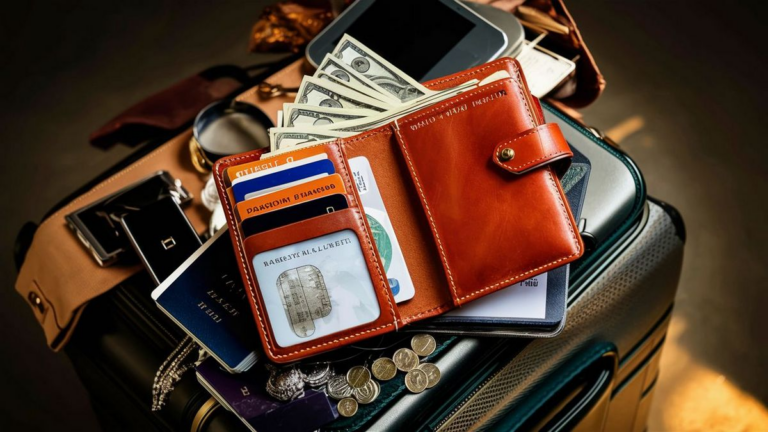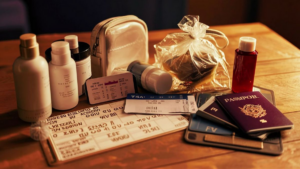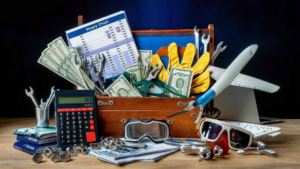Are you wondering about the regulations surrounding the amount of money you can carry when traveling by plane? Understanding these rules is crucial to ensure a hassle-free journey and avoid any potential legal issues. Let’s delve into the specifics of how much money you can bring on a plane.
International Travel
When traveling internationally, it’s essential to be aware of the regulations imposed by both your departure and destination countries. Most countries have strict guidelines regarding the amount of cash you can carry without declaring it.
Generally, if you’re carrying more than $10,000 or its equivalent in foreign currency, you must declare it to the customs authorities. Failure to do so can result in confiscation of the funds or even legal repercussions.
Domestic Travel
For domestic flights, the regulations regarding carrying cash are typically less stringent compared to international travel. However, it’s still advisable to exercise caution and avoid carrying excessive amounts of cash.
While there may not be a specific limit for carrying cash on domestic flights, it’s essential to consider the risks associated with carrying large sums of money. Theft or loss of cash can occur, and it may be challenging to recover the funds.
Alternative Forms of Payment
Instead of carrying large amounts of cash, consider using alternative forms of payment such as credit cards, debit cards, or traveler’s checks. These options offer convenience and security, reducing the need to carry significant sums of money.
Additionally, many destinations have a robust banking infrastructure, allowing you to withdraw cash as needed from ATMs or financial institutions.
Traveling with Large Sums of Money
If you must carry a substantial amount of cash, it’s advisable to take precautions to safeguard your funds. Consider using a money belt or concealed pouch to keep your cash secure and out of sight.
Furthermore, divide your funds into smaller denominations and distribute them among your luggage to minimize the risk of loss or theft. Avoid drawing attention to yourself by displaying large sums of money in public areas.
Consulting Authorities
If you’re uncertain about the regulations regarding carrying cash on a plane, it’s always best to consult the relevant authorities or check the official website of the airline you’re traveling with. They can provide up-to-date information and guidance to ensure compliance with the law.
Understanding how much money you can bring on a plane is essential for a smooth and stress-free travel experience. By adhering to the regulations and taking necessary precautions, you can enjoy your journey with peace of mind.
Declaration Requirements
One key aspect to remember, especially for international travel, is the requirement to declare any amount exceeding the specified limit. Even if you’re unsure whether you’ve crossed the threshold, it’s better to declare the amount and avoid potential penalties.
Frequently Asked Questions
Here are some common questions regarding carrying money on a plane:
| Question | Answer |
|---|---|
| Can I carry cash in different currencies? | Yes, you can carry cash in various currencies, but the total value must be considered against the threshold for declaration. |
| Are there any exceptions to the declaration rule? | Some countries may have exceptions for certain types of travelers or specific circumstances. It’s advisable to check with authorities or the airline beforehand. |
| What happens if I fail to declare the cash? | Failure to declare cash above the limit can lead to confiscation of the funds, fines, or even legal action, depending on the severity of the violation. |
Managing Cash Risks
Regardless of the amount you carry, it’s crucial to be vigilant about the security of your funds. Keep a close eye on your belongings, especially during transit and in crowded areas such as airports.
Consider using digital banking services or mobile payment apps for transactions during your trip. These options offer added security and convenience, reducing the need to carry large sums of cash.
Protective Measures
Implementing additional protective measures can further safeguard your money. This includes using RFID-blocking wallets or pouches to prevent electronic theft of your credit or debit card information.
See also:






